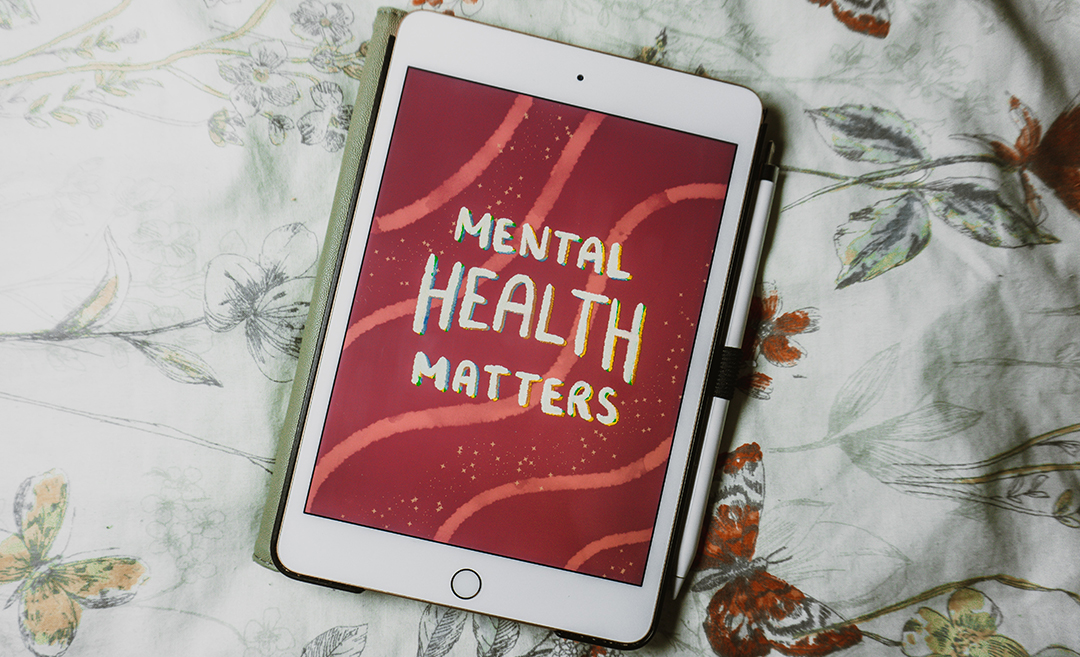In recent years, mental health awareness has been more prominent among the younger Asian population, especially in Malaysia. While it may still be a taboo subject to the older generation; however, more resources are now available to educate those who are unaware or lack knowledge about the importance of it.
Our mental health is crucial to our overall well-being; hence why getting a mental health screening and consulting with a therapist play important roles in helping us be the best versions of ourselves. So, before you start looking for one and making that commitment, here are some important to consider to ensure your sessions are as valuable as you hoped for them to be.
1. Certification and credentials
It’s essential to verify the qualifications of any possible therapists you consider consulting to ensure that they are trained. There are many different types of mental health specialists, and they all have varying training, licensing, and certification levels.
A therapist with professional credentials has completed years of extensive training to assist those with mental health issues; indicating the level of awareness and expertise required not just to help people but also to keep them safe.
When someone’s name is used alongside qualifications, you can learn about their degree of education in addition to their accreditation and licensing status. Additionally, if you get in touch with their office, you can enquire further about their credentials.
2. Cultural awareness
Hiring a therapist who is a member of your community or has prior experience dealing with those in your community can have an impact. However, all therapists are taught compassion and understanding. People, especially those from disadvantaged or marginalised groups, often find opening up to others who ‘understand’ their experiences easier.
These are some ideas to keep in mind about:
- Cultural and racial background
- Religion
- Gender identity
3. Therapy approach
Therapists utilise a variety of methods or procedures. The specifics of the diagnosis, as well as their personal knowledge, training, and experience, all influence their decision or preference. A qualified therapist will go over your diagnosis and symptoms with you and assist in choosing the form of therapy that will work best. The suitable technique can serve as a road map for both of you as you comprehend, process, and address your emotional or behavioural challenges.
There are several types of treatment to consider, including:
- Acceptance and Commitment Therapy (ACT)
- Psychoanalytic therapy
- Cognitive Behavioural Therapy (CBT)
- Dialectical Behaviour Therapy (DBT)
4. Chemistry with the therapist
Many studies have demonstrated that the therapeutic alliance—also known as the therapy match—or simply the collaboration between the therapist and client- matters most in determining the course of therapy.
Generally, you can get a sense of the potential of a solid alliance during your first session with your therapist. However, occasionally, it may take multiple sessions with different therapists before you discover someone with whom you click well. The most crucial thing to remember is to ask the expert you are consulting for the first time any open-ended questions you like.
Additionally, remember that you are not obligated to return after your initial session.
5. Budget
Finding the amount you can afford to spend on therapy is a great thing to consider. Ask possible therapists if their costs are flexible and how much each session would cost you. Some therapists provide a payment plan for unemployed people and/or students.
It’s acceptable to ask about therapy costs when looking for one that you’re looking to commit to. When assessing the costs of treatment, keep in mind that it shouldn’t add to your life’s challenges by making you suffer financially. Engaging in therapy is an investment in your mental well-being and quality of life.
6. Setting a goal
Identifying your objectives from therapy can guide you in finding a suitable therapist. That may help you focus on fewer options if you’re interested in treatment to address a specific problem. If you are clear on your goals for treatment, let those you work with know what they are right away.
Bear in mind that while certain medical illnesses, like depression, may benefit from your therapist’s specialist knowledge, some concerns may not necessitate it. It’s acceptable if you’re unsure where to focus your attention but is certain you want to speak with someone.
Using treatment, a qualified therapist can assist you in setting goals. They’ll gradually guide you in developing the abilities and self-assurance necessary to manage difficult emotional situations and function independently.
7. Expect several trials and errors
It may require trial and error to find a match. Most people typically go through the process of testing out several therapists. But, if you’ve found a therapist with whom you relate, that professional relationship can benefit you in the long run.
Finding a suitable therapist can take a while, but the wait is worthwhile.
Mental health support centres to check out:
re:mind Psychology Center, Selangor
By assisting individuals in developing relationships with themselves and their surroundings, re:mind Psychology Center aims to provide communities with the knowledge, skills, and wisdom they need to live sustainably. Additionally, they seek to use entertaining, stimulating, and thought-provoking techniques to close the gap between empirically based scientific research and real-world applications.
Address: C-02-3A, The Hub SS2, Jalan 17/47, Seksyen 19, 46400 Petaling Jaya, Selangor
Life Journey Center, Penang
Life Journey Centre aims to serve both locally and across cultural boundaries by offering services for the emotional well-being of individuals, couples, and families. Each service allows individuals and groups to analyse, assess, and/or improve their mental health while enhancing their mission.
Address: 10 Jalan Lembah Permai, Tanjung Tokong, 11200 Tanjung Bungah, Penang
Thrive Well, Selangor
This organisation, which was once known as SOLS Health, has changed its name to Thrive Well and now offers services in English, Bahasa Malaysia, and Mandarin. Thrive Well is a social enterprise that provides sustainable mental health care to marginalised and high-needs communities.
Address: Unit L5-11, Wisma BU8, 11, Lebuh Bandar Utama, 47800 Petaling Jaya, Selangor




